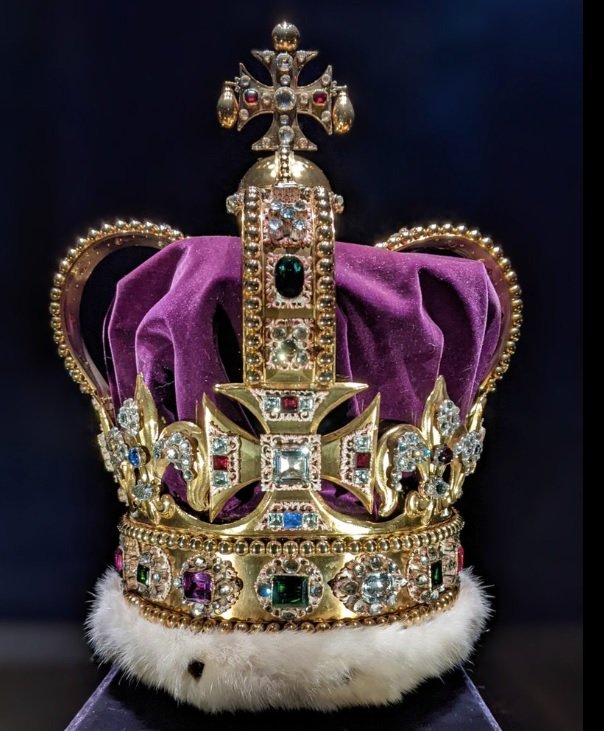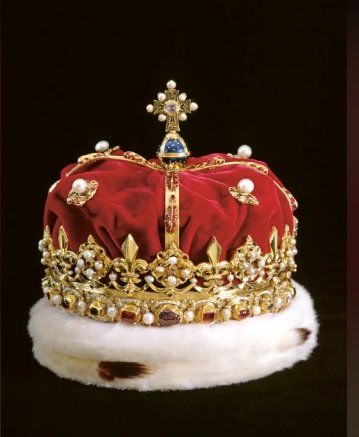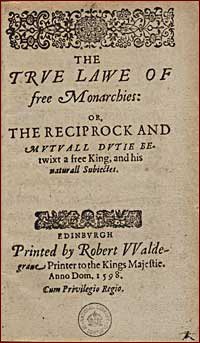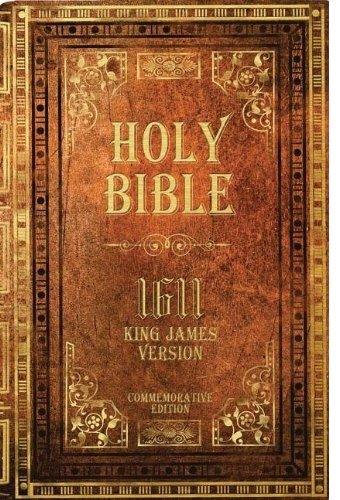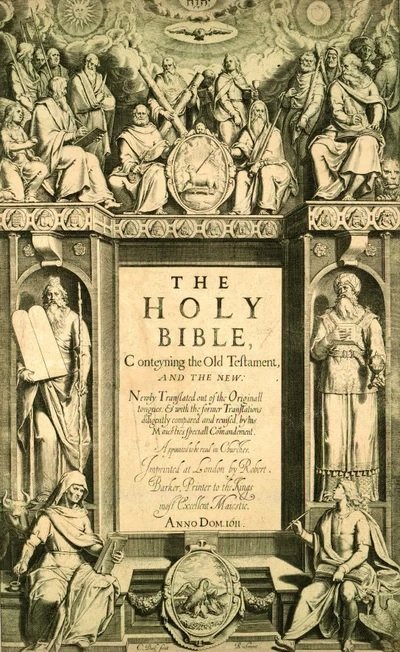Union of England and Scotland
King Charles (I, II, & III)
Charles Philip Arthur George Windsor, the oldest son of the recently deceased Queen Elizabeth, is now King Charles III of the United Kingdom of Great Britain and Northern Ireland. He is a constitutional monarch with limited powers.
Monarchs used to have absolute power. The evolution to a constitutional monarch started over 800 years ago with the Magna Carta, which among other clauses, required the King to seek parliamentary approval for new taxes. This series of entries covers the evolution of the British Monarchy.
Union of England and Scotland
As covered in a previous post, Queen Elizabeth never married and did not leave an heir. The closest relative was her cousin, and fellow Protestant, King James VI of Scotland. England and Scotland agreed to a common king through the ‘Union of the Crowns.’ King James VI of Scotland was crowned King James I of England in 1603. The countries remained separate and independent until about one hundred years later when the Parliaments merged, forming Great Britain.
Assassination Plots
Catholic groups attempted to overthrow King James, including the ‘Main Plot,’ the ‘Bye Plot,’ and the ‘Gunpowder Plot.’ In the Gunpowder Plot, Guy Fawkes and others planned to blow up Parliament and the King with a large cache of gunpowder. The plot was foiled on November 5, 1605, and the conspirators were executed. November 5 is a British holiday commemorating the failure of the plot. The celebration traditionally includes bonfires and fireworks.
Divine Right of Kings
King James I believed in the ‘Divine Right of Kings.’ Under this theory, the King’s authority derives from divine power and is not challengeable by the people or any mortal being. He wrote a book entitled, “The True Law of Free Monarchies.” He states, for example, “I have said a good king will frame all his actions to be according to the law, yet he is not bound thereto but of his good will…” He further explained in a speech to Parliament: “The state of monarchy is the supremist thing upon earth; for kings are not only God’s lieutenants upon earth and sit upon God’s throne, but even by God himself they are called gods.”
Relations with Parliament
Parliament saw itself as a partner with the King in ruling the country. And, since the Magna Carta, Parliament was responsible for taxation. But Parliament could only convene if the King called it into session. In 1610, James attempted to negotiate additional funding from Parliament to retire the large royal debt. In return for funding, Parliament wanted the King to give up some of his power (known as the ‘Great Contract’). The sides were unable to agree, and King James dissolved Parliament. He did not call Parliament back into session until four years later —1614—when his finances worsened. It passed no bills and stayed in session for only two months before the King dissolved it, becoming known as the ‘addled Parliament.’
Seven years passed until King James called Parliament back into session in 1621. Again, he needed funds to support the royal house. Parliament provided the funding, but then got involved in the marriage negotiations for James’s son, Charles. As described by the history of Parliament, “[Parliament] petitioned James in early December for Prince Charles to be ‘timely and happily married to one of our own religion.’ On receiving this demand, James was furious, as it was clearly understood that royal marriages were exclusively a matter of the royal prerogative. However, his subsequent attempt to silence the Commons merely provoked an angry exchange, as Members regarded free speech as an ‘ancient and undoubted right received from our ancestors.’” Once again, James dissolved the legislative body.
King James Bible
King James faced religious divisions between Catholics and Protestants, and within different groups of Protestants. Different Bibles were in use. The King wanted a standard Bible accessible to all who could read. The result, after a seven-year effort led by 47 scholars, was the King James Bible, which is still widely used today.
Rex fuit Elizabeth, nunc est regina Jacobus
This phrase translates to, “Elizabeth was King: now James is queen.” The phrase was created in response to rumors that King James was gay, and compared his reign to his strong predecessor, Queen Elizabeth. James had several close male friends but also sired seven children with his wife, Queen Anne.
Jamestown
Jamestown Anniversary Stamps
British colonization of North America started with the Jamestown colony’s founding in 1607.
Succession
Upon his death, James’ oldest son Charles became King in 1625. The strained relations between King and Parliament worsened under his son, leading to the English Civil War. A future post will cover that event.
